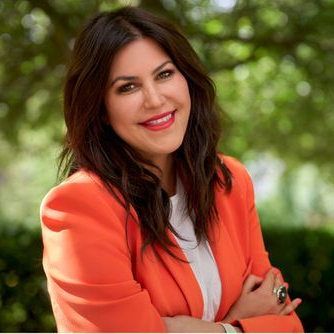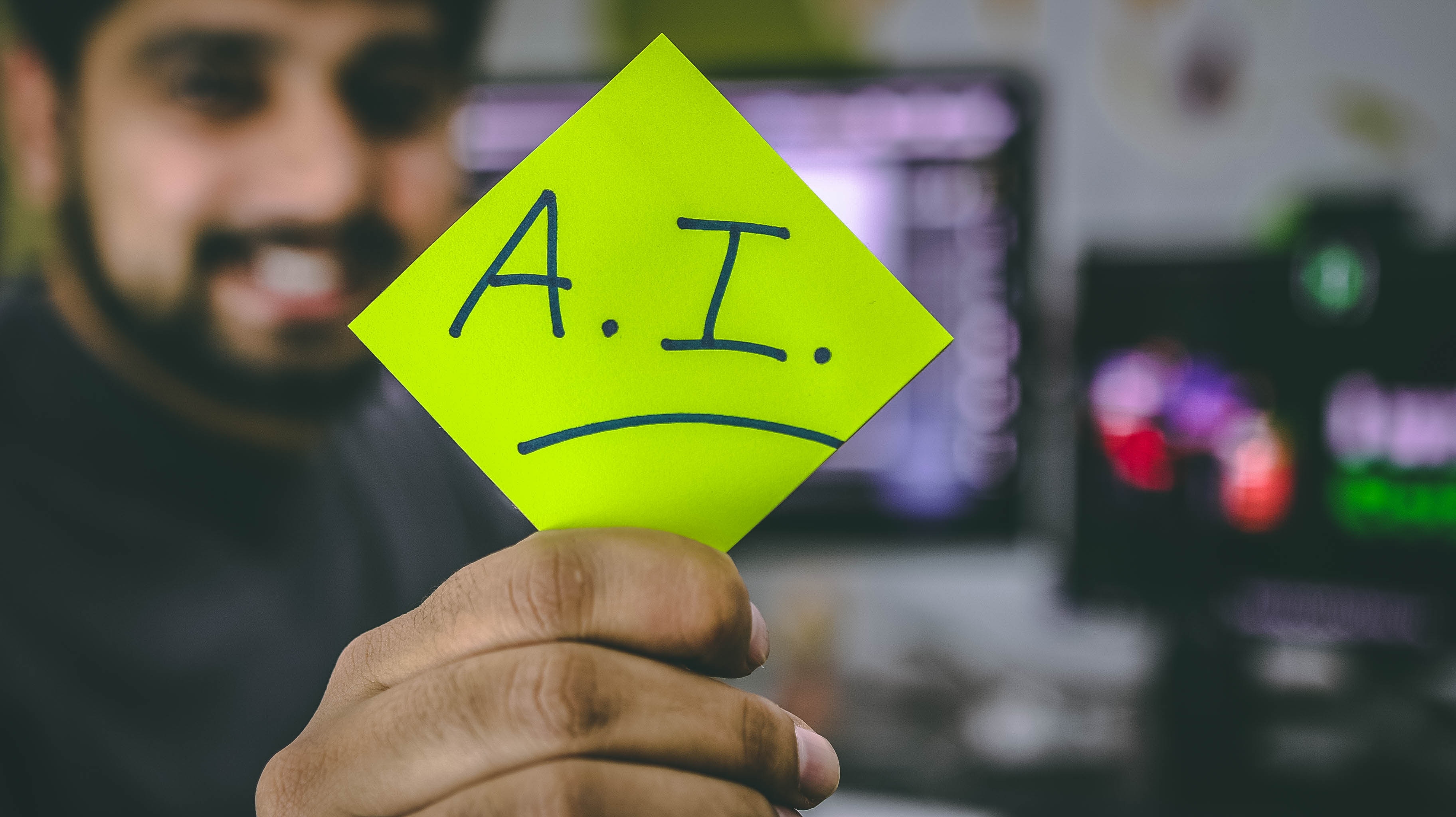
more articles by Cate Murden

We’re never far away from another survey telling us how technologies such as artificial intelligence (AI) will change how we do our jobs.
Professional services firm Accenture recently published its TechVision 2019 report, which says workers are becoming “human+”, with employees empowered by a new set of technological capabilities that will be integrated alongside their own skills and expertise.
The prospect of AI in the workforce is simultaneously exciting and scary: it may well supercharge us to achieve all sorts of things that weren’t possible before but it could, of course, also wipe us out and ultimately make us extinct.
At PUSH we believe that amid all of the hype and discussion around automation and AI, there is a trick many employers are missing. Ultimately, if the vast majority of organisations adopt the same kind of technologies that do the same kinds of things, it will cease to be a disruptor or a differentiator. And, therefore, the biggest potential weapon you have to mark yourself out from the competition remains your people.
In a discussion paper by the McKinsey Global Institute entitled, Skill shift: Automation and the future of the workforce, the consulting firm says that accompanying the adoption of advanced technologies into the workplace will be an increase in the need for workers with “finely tuned social and emotional skills – skills that machines are a long way from mastering”.
It predicts that between 2016 and 2030, demand for social and emotional skills will grow across all industries by 26 per cent in the United States and by 22 per cent in Europe. The Institute says that while some of these skills, such as empathy, are innate, others, such as advanced communication, “can be honed and taught”. Its research also finds that the demand for higher cognitive skills, such as creativity, critical thinking, decision making, and complex information processing, will also grow through 2030.
We believe that such skills could be among the differentiators for organisations over the coming years along with a host of soft skills such as excellent powers of communication and judgement, interpersonal and team-working skills and the ability to empathise and see all points of view. In short, in the technological age, we need to become even more human to maintain a competitive edge.
This isn’t an argument about who is best – humans or robots – but assessing what each can do best and playing to our strengths. A computer algorithm can more efficiently identify patterns of behaviour that might indicate a consumer’s buying preference but a machine won’t have the creative powers to dream up that next killer product to sell to them. Data might detect the flight risk of a top performer, but a computer won’t be able to persuade them why they should stay.
And while AI may well be able to analyse facial and microexpressions and work out when a candidate is lying in an interview, it needs a human being to probe and find out why.
Even though science-fiction might have us believe that robots and computers are becoming sentient we know that, in reality, they still need us as much, if not more, than we need them. Which is why PUSH is working with a number of clients to develop their managers’ emotional intelligence, creativity and critical thinking through coaching or other programmes and workshops. We believe the more developed our unique human skills, the more powerful our service and product offering will be to customers and clients and the more future-proof the organisation will be.
PUSH can’t pretend it has seen the future but we believe our experience has given us a pretty clear picture of what will be required in many workplaces and it is much more human than many people currently think.
How can you encourage the development of your team’s emotional intelligence, creativity and critical thinking? We work with companies to improve employee performance to future-proof a business – find out more or get in touch, we’d love to work with you.
